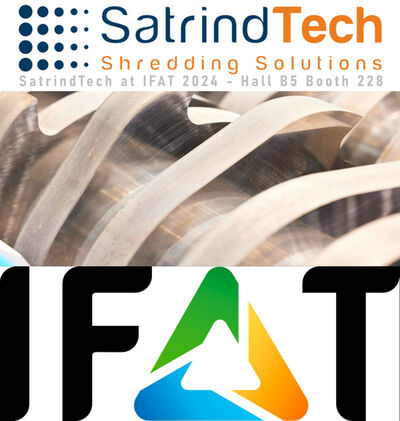Innovation and Recycling : Lithium Battery Shredding in the Automotive Industry

The reduced charging times further enhance the practicality of EVs, making them an increasingly competitive alternative to internal combustion engine vehicles. These batteries find application not just in EVs, but also in hybrid vehicles, where they combine efficiency and emission reduction, and in energy storage systems, where they play a crucial role in integrating renewable energies such as solar and wind into the energy mix.
Challenges and Innovations in Lithium Battery Recycling
Despite the advantages, the industry faces significant challenges, including the production, which remains high compared to other technologies. Moreover, the increasing demand raises issues related to the sustainable supply of lithium, due to the environmental impact associated with its extraction and refining. Safety is also a concern, as the damaging or mishandling of lithium batteries can pose risks.
To address these challenges, the industry is actively engaged in research and development of new chemistries, aiming to improve energy density, lifespan, and safety. A particularly promising area is battery recycling, which can not only reduce environmental impact but also provide a sustainable method for recovering valuable materials, helping to mitigate issues related to lithium supply.
Lithium Battery Shredding: Technology and Safety
Shredding lithium battery emerges as a critical in the recycling process, addressing challenges related to safety and material recovery efficiency. A major national client has collaborated with SatrindTech to implement the shredding part of a pilot plant for treating and recovering these batteries. The adopted solution addresses the risks of lithium reacting with water and air, preventing fires or explosions and ensuring a safe and effective process.
The choice of a 37kW dual-shaft shredder, of the K50 series, with a 1m shredding chamber and a mix of blades with different hooks, from 30 mm, equipped with a customized supporting frame and hopper, demonstrates attention to quality and safety in the lithium battery shredding process. The shredding chamber, entirely nickel-plated and with stainless steel carpentry, equipped with special seals, contributes to water tightness, essential for the safe treatment of batteries.
In conclusion, lithium battery shredding is a fundamental aspect of the battery lifecycle in the automotive industry, contributing to the creation of a sustainable system that not only addresses environmental and safety challenges but also opens new prospects for recovering valuable materials. This innovative approach promotes recycling as a sustainable alternative to extracting new raw materials, highlighting the importance of advanced technologies and sustainable practices in the modern automotive industry.

